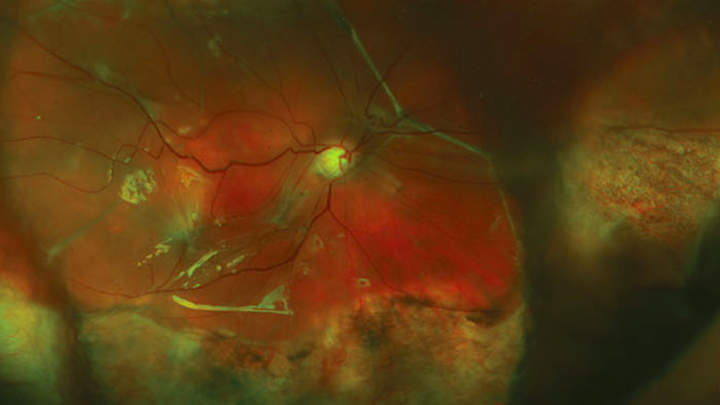 |
| (c) Duke University |
Thanks to a redesigned, 3D-printed spectrometer, the scanner is 15 times lighter and smaller than current commercial systems and is made from parts costing less than a tenth the retail price of commercial systems—all without sacrificing imaging quality.



